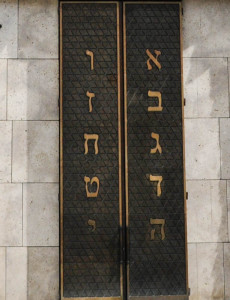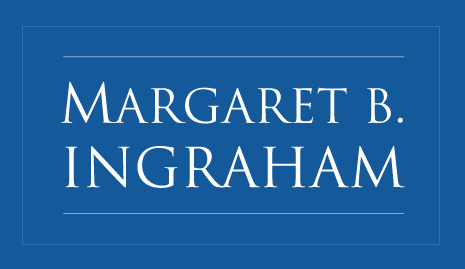Let me begin by saying that I see the answer so clearly that I don’t understand the need for this question. But others do, so I will pose it so I can respond.
Did David write the psalms attributed to him? Yes, I think he did and I believe the question of authorship can be settled most convincingly by examining voice.
We can only imagine the qualities of the physical voice of David, because Holy Writ is silent about that. His poetic voice, on the other hand, is another matter entirely. It is open and bare before us in the words and phrases of his prayers and songs. That type of voice is a kind of literary DNA, which is as distinct as a fingerprint. Because that’s the case, consistency and uniqueness of voice are generally acknowledged as sufficient evidence to tie a specific writer to a body of work.
The consistent and distinct voice of the majority of poems in the psalter unequivocally establish them as the work of one author. It is as simple as that. But acknowledging that one person did the writing is not the same as identifying who that poet was. We need to look elsewhere for that information.
A logical place to start is with the ascriptions that precede many of the psalms in the Christian Bible. Ascriptions are the explanatory material added by scribes, little commentaries which provide context for the psalms and generally identify the author(s). Psalms are ascribed to David, Asaph, Moses, Solomon, Ethan, Heman, and the Sons of Korah.
 The ascription for Psalm 23 reads simply: “A melody of David.” Psalm 3 carries a more specific and informative ascription: “A melody of David in his fleeing the face of Absalom his son,” as it reads in Hebrew.
The ascription for Psalm 23 reads simply: “A melody of David.” Psalm 3 carries a more specific and informative ascription: “A melody of David in his fleeing the face of Absalom his son,” as it reads in Hebrew.
You may have noticed I said that ascriptions precede the psalms, or function as a kind of title, in the Christian Bible. This is not true in the Hebrew Bible where they are considered part of the text of the psalm. In the Hebrew verse 1 begins “A melody of David” in both Psalm 3 and 23. So I see ascriptions functioning in much the same way as the opening verses of the New Testament epistles do (“I, Paul,” for example). There is a significant difference, of course. The epistle writers identified themselves. But I believe the scribes who penned the ascriptions were reliable and were being fastidious in recording the facts of the long handed down oral tradition in an effort to assure that rightful authorship was known and preserved.
There is one more academic point that I need to make before we go on. Much of the debate about who wrote the psalms is centered around the nature of Hebrew prepositions and the fact that the word translated “of” – which is actually just the single Hebrew letter lamed appended to the beginning of David’s name — can be rendered variously as “for,” “by,” “attributed to,” “in the manner of “or “as a tribute to,” and the like. Many Hebrew words have multiple meanings, and translators into English always have to choose one as primary over another. Context generally does and should drive the choice. But not here.
Here we go back to voice. Based on that, we have already concluded the “lamed– David psalms” (to coin a phrase) were the work of one man. The next step is to prove that man was David.
So in a coming post we will do just that by comparing the voice of the psalmist to the voice that we know to be David’s. By looking elsewhere in scripture, and by listening intently, we will hear with our own ears that the one who prayed aloud in his own words in 2 Samuel 22 and 23 also spoke the psalms that bear his name.
Yes, David wrote more than half of the psalms. He was the Great Psalmist.
